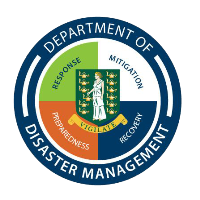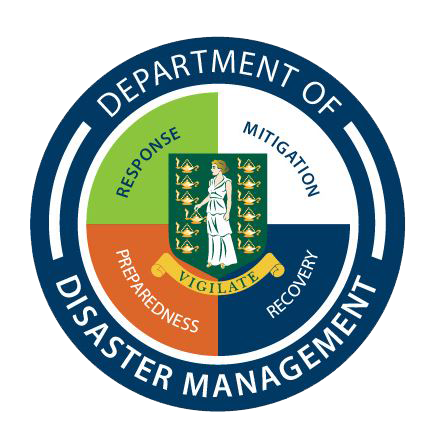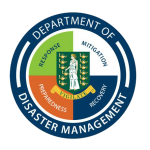Representatives attending the Second Meeting of the Caribbean Disaster Emergency Management Agency (CDEMA) Technical Advisory Committee (TAC) shared key outcomes of the meeting, stating that discussions were focused mainly on policy options and effective ways of addressing the increasingly problematic hazards affecting the region.
Speaking at a press briefing last Friday at the Long Bay Beach Resort, Executive Director of CDEMA, Jeremy Collymore, said a team of regional National Disaster Coordinators and Directors looked at various lessons learned from previous events and made recommendations for policy considerations.
“We have to consolidate our core business of preparing the countries for the new hazards and new characters and characteristics that these hazards are undertaking and presenting themselves in our space,” he added.
According to Collymore, there is a desire to strengthen the connection between the management of events and the use of plans and procedures that already exists. There is also the need for better integration between policymakers and technical officers to ensure that challenges are effectively managed.
Additionally, new information was discussed in relation to housing needs during emergencies, and the management of shelters.
On the issue of climate change, he said the TAC reinforced the observation made by the United Nations General Assembly Global Assessment platform that it is imperative to urgently address how disaster risk reduction and climate change adaptation issues are managed at a national level.
Collymore added that in an effort to ensure better integration between climate change reduction and the man-made effects of environmental and social mismanagement, a technical negotiation support team would be set up to ensure preparation for national negotiation.
The TAC also examined the implementation of the Comprehensive Disaster Management (CDM) Policy. Collymore said the TAC also recognised and endorsed a three–step framework for the elaboration of the policy and presentation to the council.
He said a review suggested there is still a need for a deeper understanding of what CDEMA represents in terms of CDM.
“This understanding is important to the buy-in of this agenda which seeks to promote making disaster management everybody’s business.”
Additionally, the status of the draft legislation was examined which will seek to guide countries on how to obligate some expectations to ensure safe and resilient communities.
The committee has agreed on instrument standards and has provided recommendations for the adoption of a monitoring and evaluation framework to measure the progress of their initiatives and to get buy-in from participating states and financial contributors.
Chairman of TAC Elton Georges, said the meeting reminded him of the extremely hard work that has to go into making the community more resilient to disasters. He explained that such meetings produce the material on which heads of government will base their decisions and recommendations for disaster management support.
“I was extremely impressed by the work that these public servants in the coordinating unit of the CDEMA and in the various National Disaster Organizations around the Caribbean put in, day after day, year in, year out,” Georges said.
Ambassador Joshua Sears of the Bahamas, whose island hosted the first TAC meeting, said he is pleased that there was tremendous focus on areas of training, successionplanning, orientation, provision of resources, and information sharing to enable officers to be empowered and to discharge responsibilities in an orderly fashion.
This year’s TAC meeting was hosted in the Virgin Islands from May 24-27.
It was a collaborative effort of the Premier’s Office, Department of Disaster Management and CDEMA.





